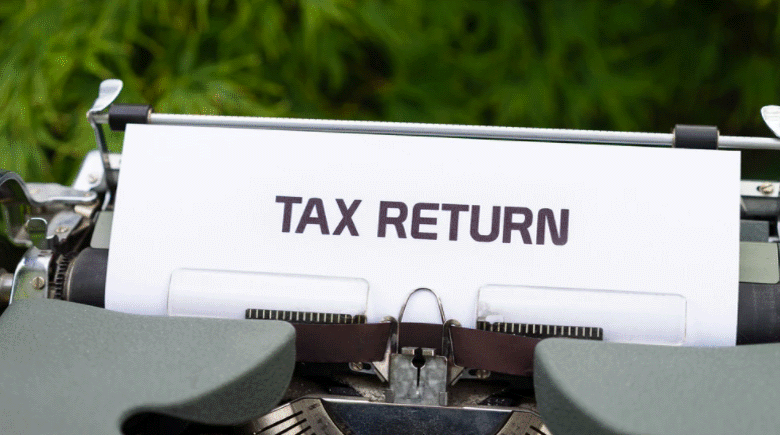The new provisions under section 194N of the Income Tax Act 1961-applicable from July 1,2020 provide that if an investor has not filed income tax return for the previous three assessment years then TDS will be deducted at the time of the withdrawal of the amount.
The Department of Post office has issued new rules for TDS if the withdrawal from all post office schemes is more than Rs.20 lakh by investors. This is applicable in case of PPF withdrawals too.
Take note of the following with respect to the above:
- In case of an ITR filer the amount of TDS shall be @ 2% of the amount exceeding Rs.1 crore when the cash withdrawals are more than Rs.1 crore.
- If the aggregate cash withdrawals is more than Rs.20 lakh but less than Rs.1 crore during a financial year by an investor and he has not filed his ITR then TDS @2% will be deducted from the amount exceeding Rs.20 lakh. TDS @ 5% will be deducted if the total cash withdrawals exceeds Rs. 1 crore in a financial year. This shall be deducted from the amount exceeding Rs. 1 crore.
- For the period from 1st April to 31st December, the identification and extraction of the details of such depositors is done by the Center for Excellence in Postal Technology to ease the task of Post Offices while deducting TDS. These changes are yet to be incorporated.
- CEPT will provide the required details to the concerned Circle/CBS CPCs. CEPT will provide the details like account, depositor’s PAN number and the deductible TDS amount.
- CPC(CBS) Incharge of the circle shall forward the details to the respective Post Office and will engage in deduction of TDS form such investors account invariably.
- Respective Post Office of the depositor will deduct TDS and the account holder will be informed about the deduction in writing.
- A voucher for the TDS amount will be prepared and signed by the concerned Postmaster and the next step shall be to forward it to HO or SBCO along with other SB vouchers.
- The concerned postmaster is personally responsible for the deduction of TDS as per rules as this is a regulatory requirement.
- Non-deduction of TDS may result in recovery/penalty.
